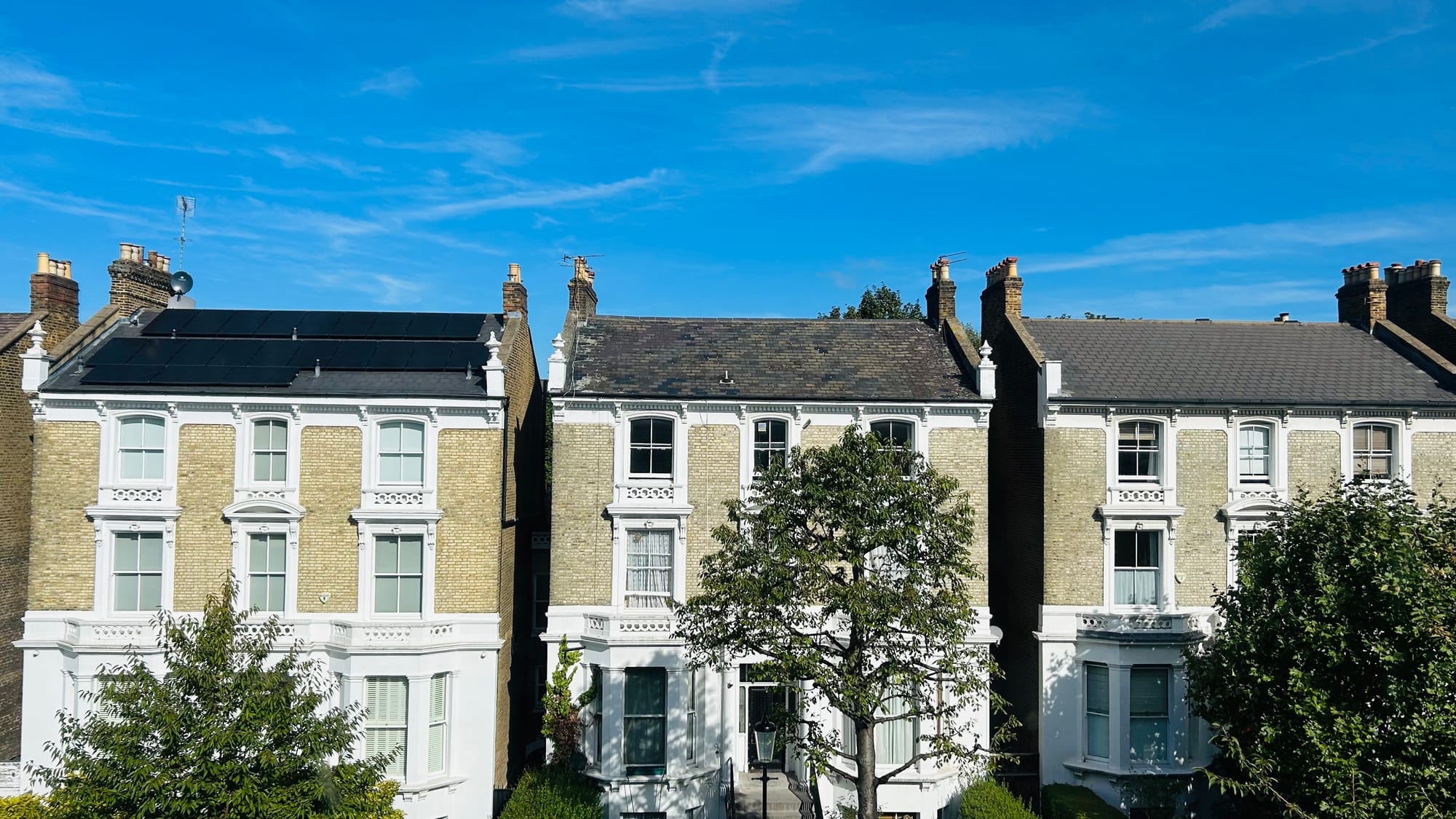Preface: 一个中英文非虚构写作者的探索手记/ A Memo on Dislocation, in places and in writings
“新写作 Xin Writing,试图进行一项没有太多人尝试过的事情:将中英文创意写作融汇贯通起来探讨,寻求它们之间的共同性,又欣赏它们各自独立的美感。这是基于我自己用两种语言学习创意写作过程的体验,加上双语阅读的体会。“

亲爱的朋友:
我想象当你读这一封Newsletter的时候,你是在窗边,有风吹动桌上的书页,关窗又略嫌闷热;也或者正在远足的火车上,太阳晒在面前的搁板上,窗帘不是很听使唤,窗外奔跑的景物却让大脑加速静止。
人的一生中,和文字产生关系的时刻,总是超乎我们自己的想象。在信心满满的咖啡馆敲不出几个字来;找出一支老旧的圆珠笔想写几个字却没油了;在手机里快速记下自己稍纵即逝的想法,后来却再也没有机会把它们再扩展……我们总在自己处于笨拙的时候想起文字,因为它的简单、言简意赅似乎能够牵引我们不要陷在日益失去控制的当下。我们在自己宽裕的时候忘记文字,因为越是宽裕舒服我们越需要更多的画面、美酒,而不愿进行抽象思考。
提及“创意写作”,似乎还需要在本来就不易进行的写作上加上特别的创意。后来我发现不是这样,创意写作只不过是想让我们摆脱过于逻辑化的写作,“写意”一点,把这四个字反过来读,或许更像是一个谜底:作写意创——作者进行写意式的创作。
与其说是写意,其实创意写作最注重是写内心情感。这一点,从非虚构路线来的我,大概花了20年才体会到。以情感为线索,不是以事件为线索。这一点,说起来容易,真正体会和操作难。需要一次次的练习。
我不知道在这个newsletter写的文字,会算是什么。它是一份指南,也是我的阅读和写作笔记。我也会贴上一部分自己的习作,以及获得授权的他人作品。我想创建一个乐意同时从中文和英文创意写作作品中吸取营养的写作爱好者社区。
创建这个Newsletter,也是因为我一直在思考公共写作与个人写作的分界。今天有多少写作,为了公共性而过于注重话题和流量?又有多少个人写作,因为缺乏合适的平台而放弃?
平台对于写作者风格的塑造,在过去十年来已经比我们想象中剧烈很多。在微信公众号,标题党和话题性是两大法门;在小红书,则已经很难称得上是真正的文字写作了。Newsletter会是一种什么样的写作?我很期待。我想象它会有一种和真正关心写作者本人的读者之间亲密性,是一种书信式的来往。在写作页面上,又更像古早的博客,有一个简约、geeky的淳朴,不用理会太多的外部世界。是有契约的公开,又保持个人写作的纯粹。
新写作 Xin Writing,试图进行一项没有太多人尝试过的事情:将中英文创意写作融汇贯通起来探讨,寻求它们之间的共同性,又欣赏它们各自独立的美感。这是基于我自己用两种语言学习创意写作过程的体验,加上双语阅读的体会。
越来越多的朋友正在对创意写作感兴趣,我想结合自己超过20年的中文非虚构写作经历,以及近几年开展的英文创意写作,特别是在英国东安格利亚大学(UEA)所学习的体会,为朋友们每周提供一篇以上的心得、tips和阅读书目分享。在这个Newsletter的实验阶段,这些内容是完全免费的。至于实验期什么时候结束,我现在也不清楚,需要花一段时间寻找到合适的节奏才能开展新的玩法。
欢迎你订阅这个Newsletter, 无论你对中文还是英文的写作感兴趣,我们都有很多共同话题。在这里也能找到很多新朋友,这是一个独立的创意写作社群。
此致
李梓新
2024年9月

Dear friends,
I am writing to you, in a rare hot September morning in London. The sunlight reflecting from the opposite Georgian houses is shiny enough to make me dizzy - Am I living in an illusion that this place could be my place forever?
The answer is absolutely not. I have brought myself long term luggage on the road - a feel of dislocation, in whatever places. Sometimes it’s because of the weather, like the one in London is so volatile. Sometimes it’s because of food, I have to admit food does really affect my mood though I don’t regard myself a foodie. Sometimes it’s because of cultures, I can’t bear losing the Chinese cultural elements in my daily life but when it comes with obligational duties and self-censorship, I will try to have a foot stepping across the line.
I thought I was a person easy to be satisfied with, but I am actually not. This is the truth after I travelled and lived in many places that I finally, cruelly revealed.
Life is so trivial and tedious. At the age of 45, I have this feeling and sigh. Yet, from my studies in the creative writing program at the University of East Anglia last year, I found that creative writing is born to match this sentimental, subtle psychological feeling. Creative writing is trivial and tedious, too. You need all the trivial details ( or anecdotes) to present or convey emotions, rather than the most well-known goal of telling a story. And the tedious writing practices are a must, like a daily ritual if you believe in the Muse.
I am creating this newsletter and community, as a result of feeling “sandwiched,” echoing the name of the writing platform “Sandwichina” I founded in 2011. In Chinese, my mother tongue, I always have a shyness of visiting the hometown (近乡情怯 in the Chinese saying). People are too familiar with you, too close to you, so that they think they understand you really well - this results in greater misunderstanding. And, the language itself, is like a dead-end alley in a small town. Many people live there, but with no exits for you to further explore, or just to escape. Writing in Chinese, I live like a middle-aged man, as I am now.
In English, I feel an extent of freedom, like a young man, easy to make mistakes, but eager to explore. People around you also find you new - a new writer from a new place, carrying a culture that they are unfamiliar with, and a new voice with imperfect accent, even on the page.
That’s why you could find this English letter is starkly different from the Chinese one above. I wear two distinct personalities when writing in the two languages, much divided. I don’t want to unify them but I do find some common threads beneath the surface in these two languages- they can learn from each other.
So, this is Xin Writing, a brand new newsletter by me that's just getting started, to reflect my two worlds in creative writing. I am sure, some of you could relate to it as well.
Things will be up and running here shortly, but you can subscribe in the meantime if you'd like to stay up to date and receive emails when new content is published.
Sincerely Yours,
Zixin Li
September, 2024